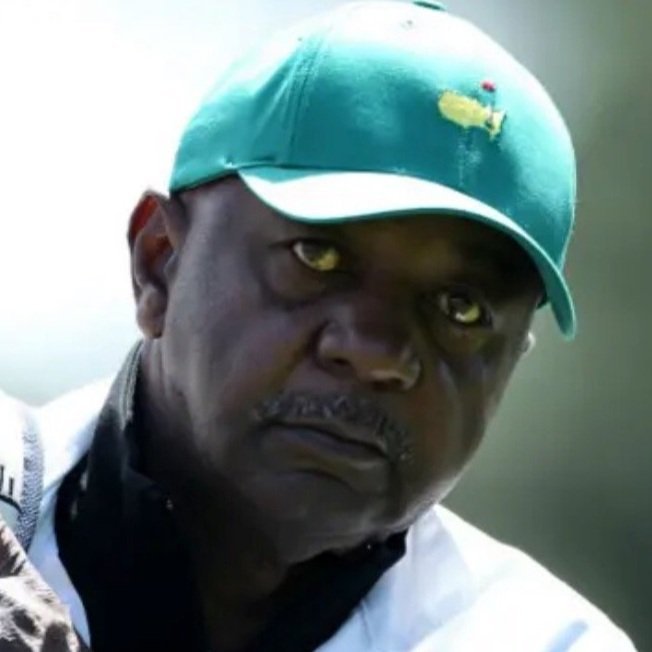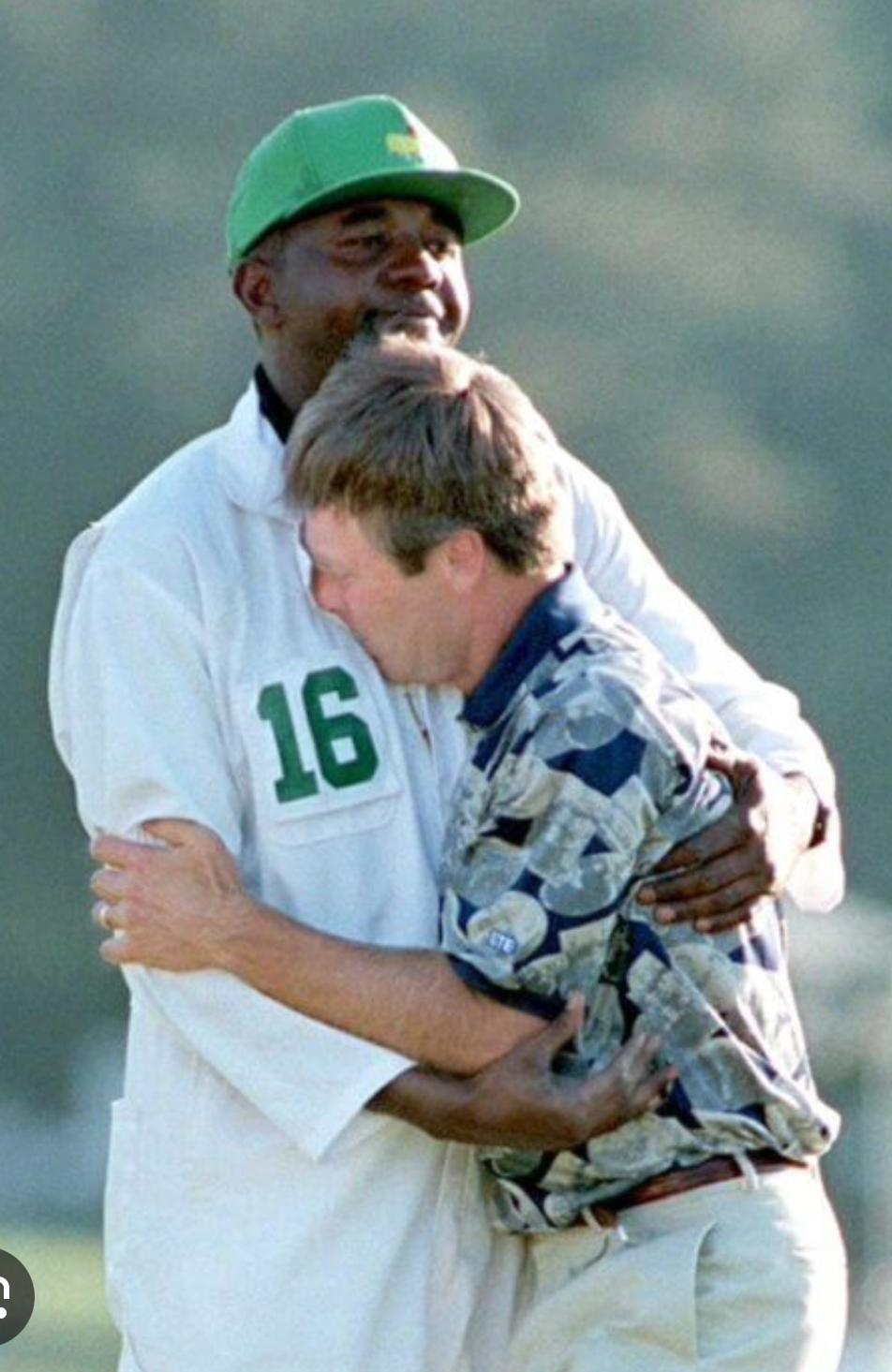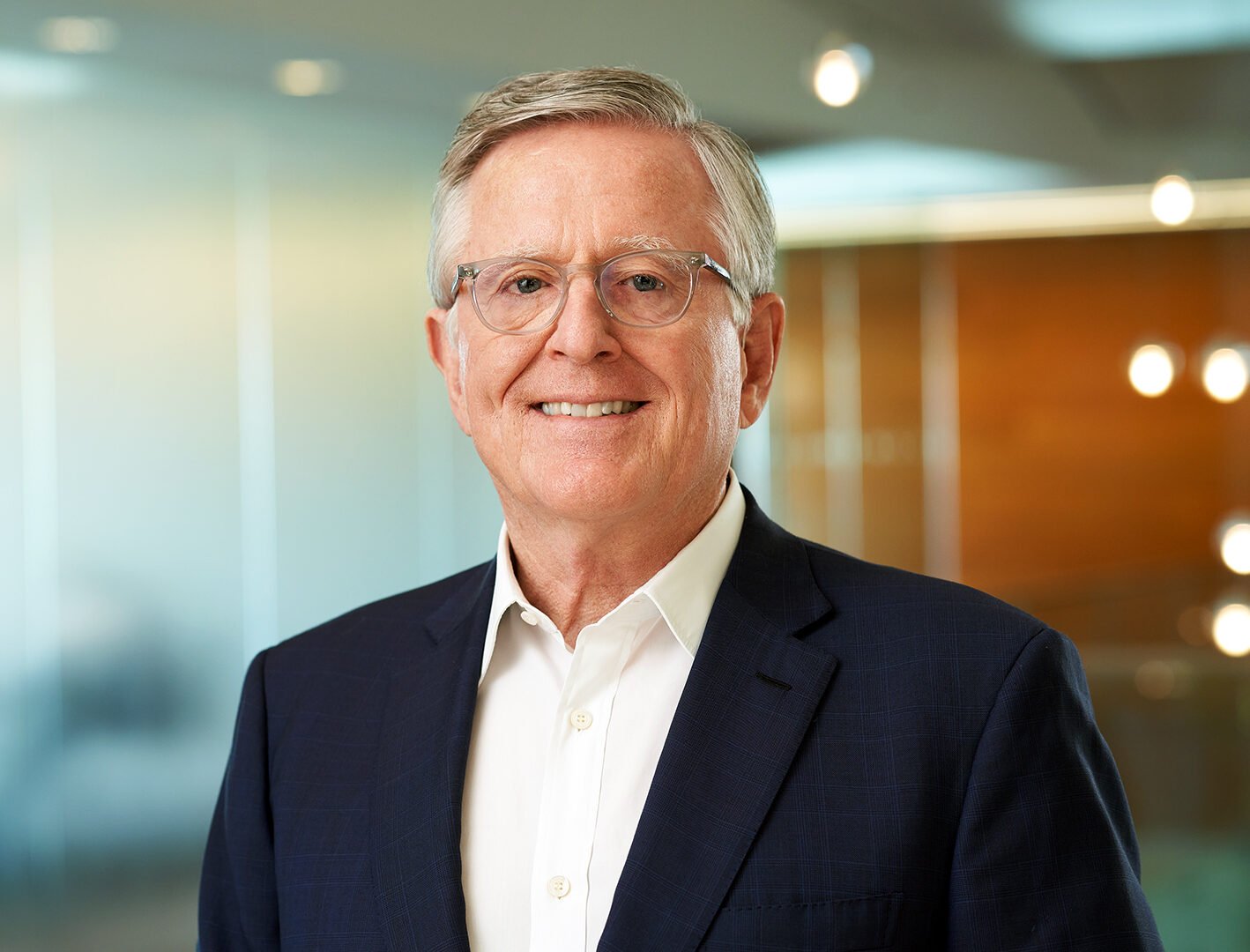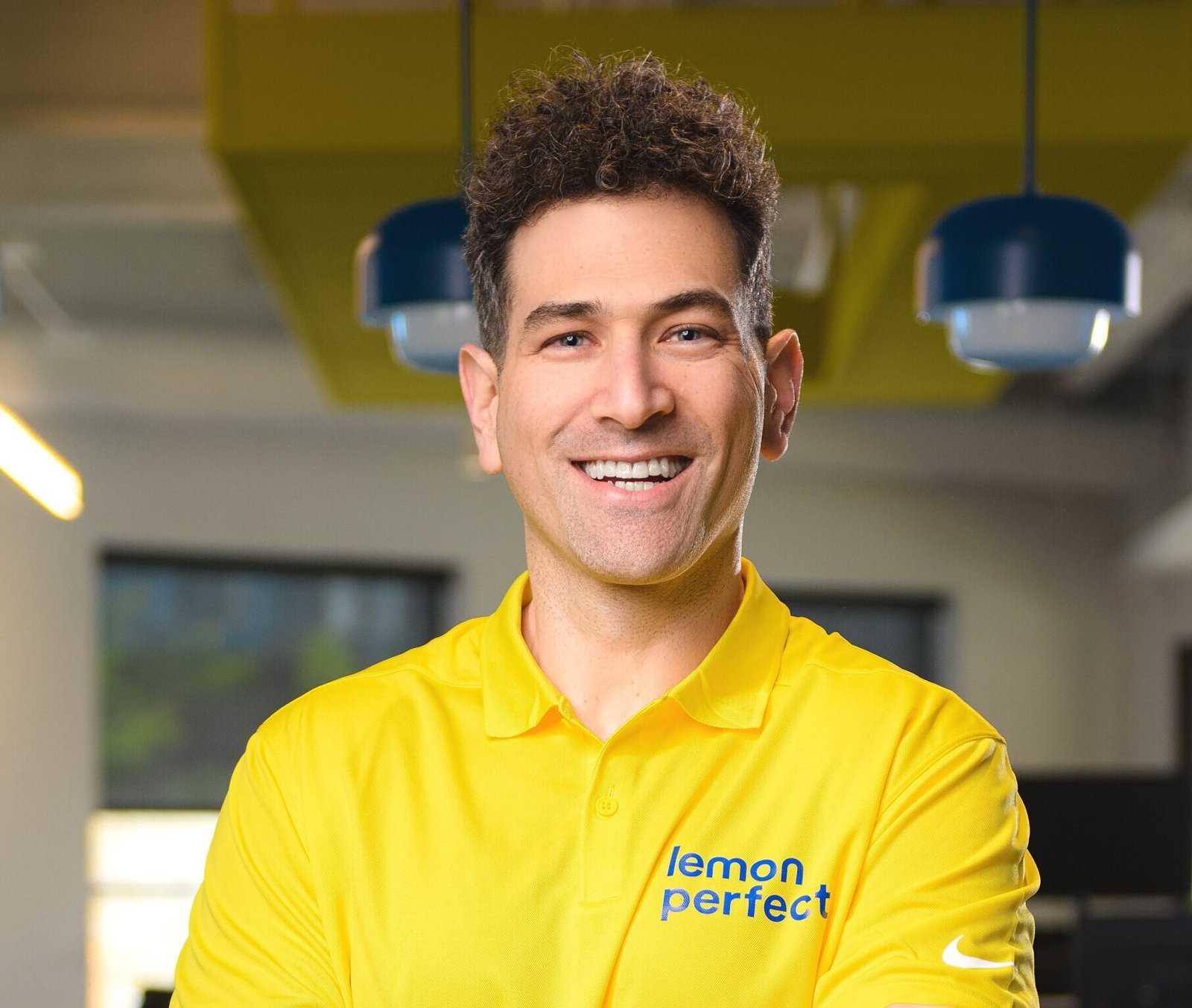I recently went one-on-one with Hall of Fame caddie Carl Jackson, the longest-serving caddie for The Masters. Cal is the first Black man who is not a professional golfer to play at Augusta and has been working The Masters for 54 years. Carl is the subject of the documentary Rise Above: The Carl Jackson Story.
Adam: Thanks again for taking the time to share your advice. First things first, though, I am sure readers would love to learn more about you. How did you get here? What experiences, failures, setbacks, or challenges have been most instrumental to your growth?
Carl: I came to caddying because I had to help my mother support our family of 11. I saw some of the older boys in the neighborhood going to the golf course and coming back with money. At that time, there were only black caddie allowed at Augusta. One day my mother came home from a full day of work with only five dollars. That’s when I said, “That’s enough.” So, I dropped out of school to help my mother provide for our family. Dropping out of school was a major setback for me. I considered it the worst failure that could happen to me. I was ashamed I had to drop out of school. But when I decided to do that, I immediately said to myself, “I will make my caddying experience my school.” That first setback and challenge changed the trajectory of my life. I turned a setback into an opportunity. I did not become bitter. Later, as an adult, my greatest setback was being diagnosed with colon cancer in 2000.
Adam: What is the most surprising thing about life as a caddie? What is something that would shock fans?
Carl: A caddie watches the pros and studies other players as well as the one he caddies for – much like the breaking down of film with the NFL or MLB. A caddie also has a unique ability to look at grass/greens and see things others don’t see. It’s called ‘reading the greens.. You can’t really teach someone how to do this. It’s an innate skill and separates the elite caddies from the rest of the group. Also, many people would not guess that there is a strong competition amongst caddies. It was particularly so in my day when Augustan National only allowed black caddies to caddie for not only guests of the club, but Masters qualifiers for the tournament. There was fierce competition to be paired with an elite player.
Adam: What is the most surprising thing about the world of professional golf and about the Masters?
Carl: The most surprising thing about professional golf is the enormous amount of hours players practice. It’s literally every day. 18 holes can take 3-4 hours to play. But, it’s not just the amount of time that is surprising, it is the intense, laser-extreme focus that is unrelenting until the match is over. I can’t think of another sport that takes as much internal focus to play as golf does. The most surprising thing about The Masters is the final round. Every day players get cut. So, the final round is made up of the elite players. People don’t generally consider golf an emotional sport. But, the emotions during the final round of The Masters is on another level. Plus, with the proximity of the fans being ever present, it is critical that a caddie be able to tune everything out and be able to accurately assess the tone of the crowds, the weather, analyze your player, helping to determine which club to use, and then, coach your player. All of it is literally ‘in the moment. So, I had to be in a constant state of self-check. I had to make sure I did not let fear or excitement break my concentration- especially the two years that Ben Crenshaw won (1984/1995).
Adam: What are the best lessons you have learned through your career caddying that are applicable to those of us who will never earn a living on the golf course?
Carl: I learned to trust in myself. One of the most important things I learned was to stop and pause to really think through situations. I learned how to manage and communicate with people from all walks of life. Working with Jack Stephens for 30 years, Founder of Stephens Inc., taught me how to interact with CEO’s and powerful businessmen and to observe how they conducted themselves and what made some more successful than others. For those who don’t know, Stephens Inc. was originally founded in the 1930s. Stephens, Inc. has a long background in the American financial sphere. They are a pioneer in private equity. They are known for having helped Walmart, Alltel, Tyson Foods, and other Fortune 100 companies, raise capital through an IPO. It is the largest privately owned investment bank not based on Wall Street. That was the school I learned in. The school of Jack Stephens. I learned to observe before I spoke. To absorb what I liked and to dismiss what I knew would not serve me.
Adam: In your experience, what separates the elite golfers from the rest?
Carl: The elite golfers have an extremely high level of emotional control. They cannot let themselves fall apart. They have more mental discipline. Elite golfers also have far more control with their golf swings too. These two combined levels of control and discipline separate the elite golfers from the rest of the field. Elite golfers are able to overcome the challenges of the enormous pressure they face. Golf, unlike other sports that tend to be more aggressive, physical, is an intensely focused and myopic game. The slightest change in pressure on a putt can ruin the shot. A bent elbow, even a slight movement of one’s head can spell disaster. Golf is a highly, highly precision sport. Tiger Woods and Jack Nichalous had/have more discipline. When that pressure comes, one becomes giddy and anxious and that is what you don’t want for your player. Some golfers actually shake.
Adam: What do you believe are the keys to performing under pressure?
Carl: To not show fear and to remain focused. In golf, the caddie must remain as focused as the player. If the caddie sees the player losing focus or becoming too emotional, it’s their job to regulate and get the player back on track. A player, just like any individual, has to have a mindset to overcome the pressures. It’s a mindset. A player (and a caddie) spend as much time on managing their mind as they do on their swing.
Adam: Who are the greatest leaders you have been around and why? What did you learn from them?
Carl: Mr. Jack Stephens, CEO of Stephens Inc. is the greatest leader/teacher I have ever had the privilege of knowing. He taught me how to handle situations with authority. I had the enormous privilege of observing how one of the wealthiest and most respected businessmen in the country conducted himself and conducted business. I was able, many times, to literally take a seat at the table and learn and observe greatness from him and of the many CEOs Mr. Stephens did business with.
Adam: What do you believe are the defining qualities of a great leader? How can leaders and aspiring leaders take their leadership skills to the next level?
Carl: The single biggest defining quality of a great leader is to care about all the people in their company from the least to the greatest – from the highest C Suite level to the janitor. Generosity and fairness of time, interest, and compensation are all hallmarks of an impeccable leader and one that employees will happily work hard for and be loyal to. If they are not rolling up their sleeves and getting with their employees, they must start doing this immediately. A leader cannot be separate from the people he/she is in charge of.
Adam: What are your three best tips applicable to entrepreneurs, executives, and civic leaders?
Carl: There are actually five – if you would indulge me. They are brief. Here they are: #1 If you’re a leader of the people, in any capacity, is to first off know and understand that at the end of the day, there is always only one leader and that the leader is ultimately responsible for what happens within a business or organization. #2 Make the people around me comfortable. A leader should never seem untouchable or unavailable to their employees. #3 The need to fully demonstrate, on all levels, that I can be trusted as their leader #4 We are all one…there is not, nor should there really ever be a separation between any department or faction within a business or organization. It is incumbent upon the leader to stress the message and get across to everyone that we are all together working toward the same goal. We are one unit, with individual roles and responsibilities, trying to accomplish the same goal. #5 Take blame. Sometimes the leader has to accept blame. A leader must never ‘pass the buck’.
Adam: What is the single best piece of advice you have ever received?
For me, the best piece of advice I ever received came to me from Mr. Jack Stephens. Early on, as I started working for him, he would frequently say to me “Amount to something in life Carl.” He didn’t tell me what to amount to. Those words challenged me to actually do it. To ‘amount to something’. He gave me ‘permission’ if you will, he freed me to become whoever I wanted to be. Oftentimes people just need to be told those words. Given permission, being shown through those simple words, to take agency of their lives. Those words are so simple; yet, they are extraordinarily powerful and motivating. I have said the same words to my four children.
Adam Mendler is an entrepreneur, writer, speaker, educator, and nationally recognized authority on leadership. Adam is the creator and host of the business and leadership podcast Thirty Minute Mentors, where he goes one-on-one with America’s most successful people – Fortune 500 CEOs, founders of household name companies, Hall of Fame and Olympic gold medal-winning athletes, political and military leaders – for intimate half-hour conversations each week. A top leadership speaker, Adam draws upon his insights building and leading businesses and interviewing hundreds of America’s top leaders as a top keynote speaker to businesses, universities, and non-profit organizations. Adam has written extensively on leadership and related topics, having authored over 70 articles published in major media outlets including Forbes, Inc. and HuffPost, and has conducted more than 500 one on one interviews with America’s top leaders through his collective media projects. Adam teaches graduate-level courses on leadership at UCLA and is an advisor to numerous companies and leaders. A Los Angeles native, Adam is a lifelong Angels fan and an avid backgammon player.
Follow Adam on Instagram and Twitter at @adammendler and on LinkedIn and listen and subscribe to Thirty Minute Mentors on your favorite podcasting app.









